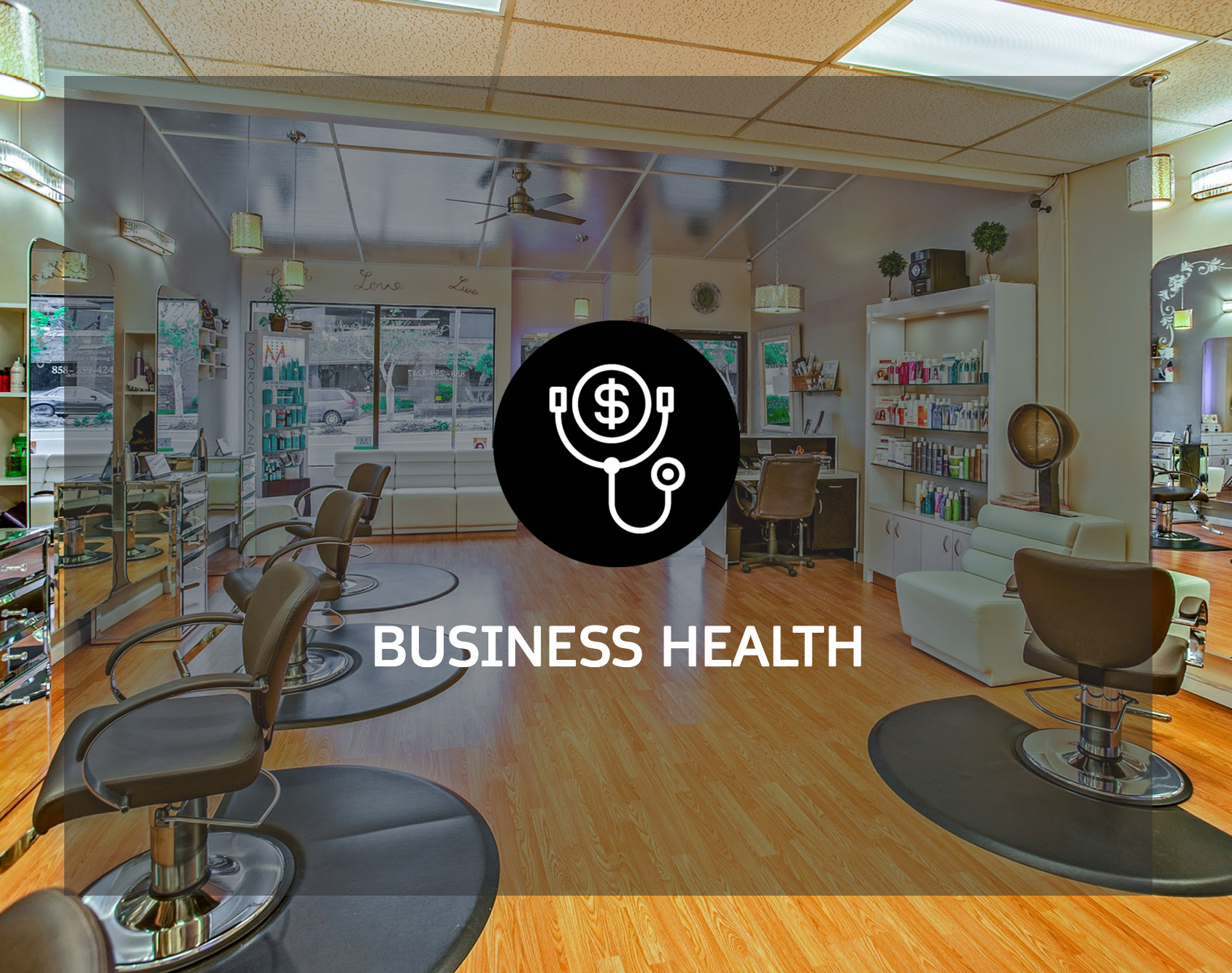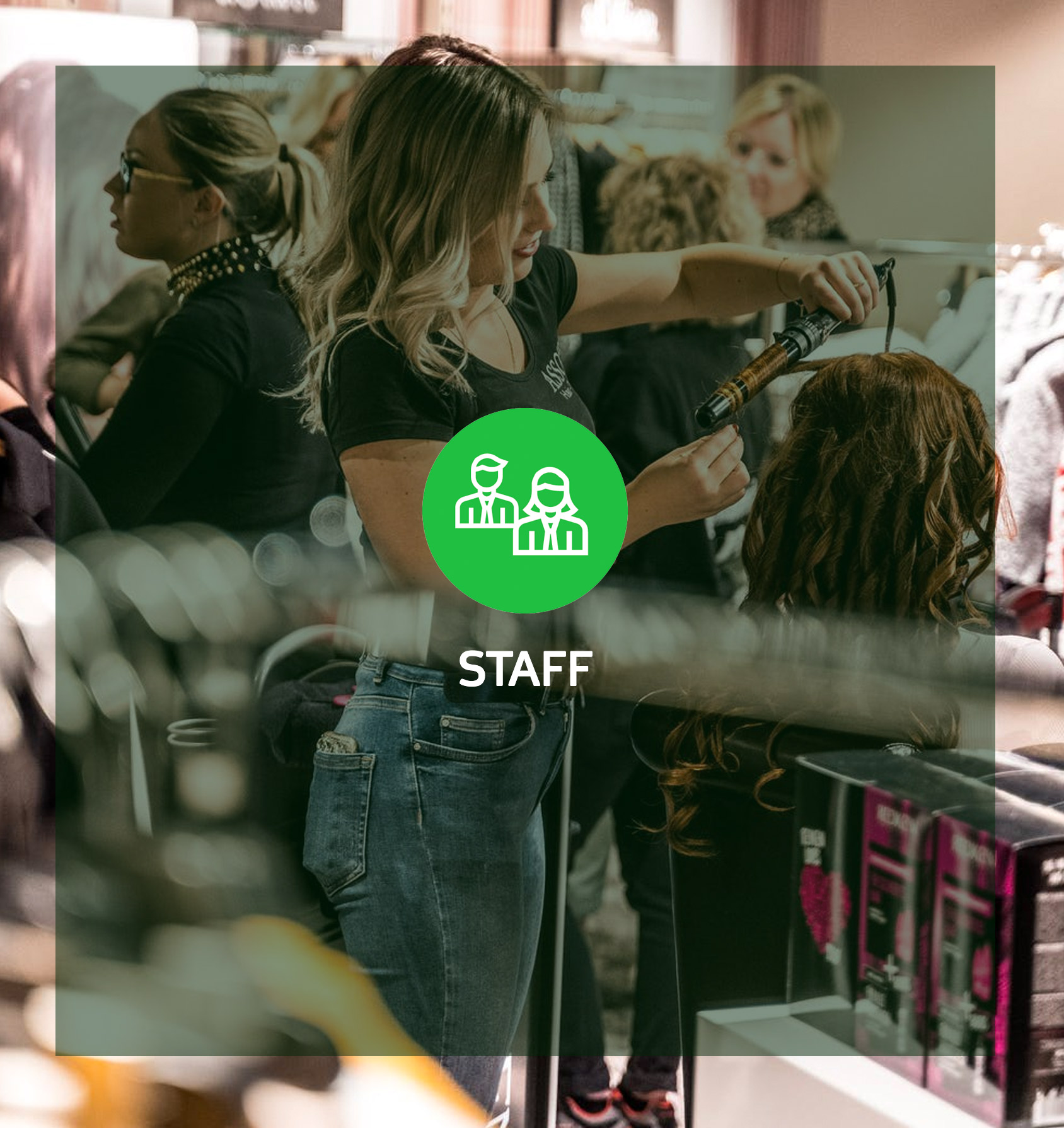The Possibility Project is an innovative Ku-ring-gai business that is redefining the fashion industry and the mindset of youth to live sustainably and ethically. The business 4 core pillars of compassion, gratitude, mastery and purpose drive the owners to be influencers for social change and challenge the traditional business model of capitalism and consumerism. The business has grown from being purely a alternative fashion label, to running workshops in schools and at their premises based on slow fashion, sustainability, and well-being.

Business Health
- The business has a strong mission and vision that guides everything they do
- The business is run on the 4 core pillars – compassion, gratitude, mastery and purpose
- The business has environmental sustainability and ethics at their core
- The business expands these values to the local community to spread the word.
- The business is growing and expanding and has recently moved from a home based business into commercial/retail premises

Energy
- The business has recently occupied new premises and aims to work with the landlord to upgrade lighting and install insulation
- Low energy using business – use natural lighting, minimal use of air conditioner.
Water
- The business uses only a minor amount of water (tea & coffee only) and shares a toilet with other tenants.

Waste
- Avoiding waste to landfill is a major driver of the business
- All fabric is upcycled from waste fabric in India eg sari’s
- All furniture in their store is second hand


Purchasing
- They only purchase from sustainable and ethical suppliers
- They inspect all suppliers (clothes makers, fabric dyers) in India to ensure the workplaces are of a standard that they are happy with. Some suppliers work from their homes.
- The dyes for wood block printing of fabric are chemical free
- Very low use of office paper and consumables

Bye Bye Plastic
- They have worked with their suppliers to reduce the amount of plastic used for transporting their clothes from India. Suppliers now make bags from fabric offcuts to replace plastic packaging
- They have taken the Bye Bye Plastic Pledge
- All soft plastics are taken to RedCycle at Woolworths
- They do not use any single use plastic in their store.
- They provide paper bags only if customers ask for them.
Community
- They do a huge amount in the community – they work with a womens charity organisation (I-India) in India to source fabric and make clothes from waste fabric such as sari’s
- They run workshops and have speaking engagements at schools to build awareness on slow fashion and conscious purchasing
- They run mending/repair workshops with the community and school groups
- They offer their retail space for workshops for art therapy, soul healing, meditation groups
- Their focus is on building relationships with the community, rather than on making a profit
- They often do pro-bono speaking engagements at events such as Sroptimist club for International Womens Day

Transport
- They are considering off-setting their emissions from flights

Program Partners

